- What are small business credit cards?
- Best business credit cards compared
- Who can get a small business credit card?
- How to get the best business credit card for your needs
- Pros and cons of business credit cards
- How to make the most of your business credit card
- Methodology
- Sources
- About the author
- User questions & answers
- Expert opinions
What are small business credit cards?
Small business credit cards are cards designed specifically for small business owners, officers and authorized representatives. These cards are great for earning rewards in key spending categories, such as office supplies and telecommunication services. They also help track company expenses and let you give employees cards with custom spending limits. You’ll even earn rewards on employees’ purchases.
Small business credit cards are not completely separate from a cardholder’s personal finances, however. Approval for a small business credit card depends largely on an applicant’s personal creditworthiness, and cardholders are held personally liable for unpaid balances on most business cards.
You can learn more about how small business credit cards work right here on WalletHub.
Best Business Credit Cards Compared
| Business Credit Card | Best For | Annual Fee |
| Ink Business Cash® Credit Card | Business Cash Rewards | $0 |
| Capital One Spark Classic for Business (see Rates & Fees) | Best for Startups | $0 |
| U.S. Bank Business Altitude™ Connect World Elite Mastercard® | Business Travel Rewards | $0 intro 1st yr, $95 after |
| Capital One Spark 2% Cash Plus * | Cash Back | $150 |
| Ink Business Premier® Credit Card | Bonus Rewards | $195 |
| World Of Hyatt Business Credit Card | Hotel Rewards | $199 |
Getting a business credit card is really no different than getting a credit card for personal use. You just have to provide some extra information on the application, and your card will list your company’s name in addition to your own. Otherwise, it’s basically the same. When you apply for a small business credit card, the issuer will still check your personal credit history. And if you don’t repay amounts owed, you’ll be held personally liable.
Finding the best business credit card for your company’s needs is the tricky part. The first thing you have to understand is that the best card for your company might not be a small business credit card, after all. So cast a wide net in search of the best terms for the types of transactions you plan to make, and avoid common mistakes people make when picking and using business credit cards.
Who can get a small business credit card?
To get a small business credit card, you need to be an owner, officer, or partner of a business, and you must have either a Social Security number or Tax ID number. The best business credit cards also require at least good personal credit for approval.
Other criteria to qualify for a business credit card are essentially the same as the requirements to get a personal credit card. For instance, you must be at least 18 years old and a U.S. resident with enough income to make monthly credit card payments.
Learn more about how to qualify for a business credit card.
How to Get the Best Business Credit Card for Your Needs
- Check your personal credit standing. Your business’s credit standing won’t really matter, so check your credit score for free on WalletHub to see which offers to focus on.
- Decide on employee cards. If you want to make employees authorized users, stick with business rewards credit cards. Otherwise, consider both business and personal cards, since the latter type offers better financing and superior user protections.
- Choose between rewards and 0% rates. Rewards are best when you always pay in full. If you want financing, get a consumer card with 0% rate. Consumer cards have more predictable regular APRs.
- Narrow down your options. Decide between cash back and travel rewards or 0% on new purchases and 0% on balance transfers. Consider your day-to-day needs and preferences in doing so.
- Apply for your best business card. Choosing the right card will be a lot easier once you’re down to a handful of options. Crunch the numbers and see which will save you most.
Pros and Cons of Business Credit Cards
The biggest pros of business credit cards are business-friendly rewards and perks, the chance to build business and personal credit, and larger initial bonuses than personal cards. The biggest cons of business credit cards are high interest rates, personal liability, and strict approval requirements.
| Pros | Cons |
| Often have higher credit limits than personal credit cards | Typically require good to excellent personal credit history to qualify |
| Offer more valuable initial bonuses than personal credit cards | Require personal liability for unpaid business debts |
| Help keep business and personal expenses separate | Can lead to credit score damage with misuse |
| Provide tools to help manage employee spending | Require applicants to be an owner, officer, or partner of a business to be eligible |
| Help build business credit history with responsible use | Have high interest rates |
| Often give bonus rewards for purchases in business-related categories such as office supplies and telecommunications | Lack federal protections provided to personal credit cards under the CARD Act |
Learn more about the pros and cons of business credit cards.
How to Make the Most of Your Business Credit Card
Making the most of your business credit card starts with choosing the best card for your needs. After that, you’ll need to manage your account strategically. You can check out some key pointers below.
- Check your credit score before you compare offers. Your personal credit score plays a big role in your eligibility for a business credit card. Checking your credit score before you compare offers will therefore point you in the right direction, helping you compare only the offers you have a good chance of getting.
- Make a plan for purchases and payments. Knowing how you’re going to use your new card will make it easier to choose the right one. For example, if you’re planning to pay the bill in full every month, you can focus on finding the best rewards for your planned expenses and ignore the APR.
- Compare offers to find the best card for your needs. You can use WalletHub’s credit card comparison tools to find a card that offers you high approval odds and the best possible terms for the transactions you plan to make.
- Take advantage of initial perks. Business credit cards often offer big initial rewards bonuses in return for spending a certain amount in the first few months your account is open. Others offer 0% introductory APRs, allowing you to avoid interest charges for months.
- Monitor your progress and adjust as needed. If you find yourself racking up a lot of expensive debt, for example, you may want to increase your monthly payments and decrease your spending. Or, if your credit score goes up a lot, you may want to consider applying for a credit card upgrade.
Methodology for Selecting the Best Business Credit Cards
Given that many different types of business credit cards exist, to serve the needs of a diverse community of business owners, WalletHub’s editors select the top cards in a handful of important sub-categories.
In choosing the top business rewards credit cards, WalletHub’s editors consider the net rewards after fees that cardholders would earn over the first two years of use, spending $170,958 per year. This helps to level the playing field between cards with big initial bonuses and those with better ongoing rewards. Similarly, in identifying the best low interest business credit cards, we consider the length of a card’s 0% introductory APR period and use expected rewards earnings as a tiebreaker. Finally, we select the top offers with no annual fee and for different creditworthiness categories.
Sources
WalletHub actively maintains a database of 1,500+ credit card offers, from which we select the best business credit cards for different applicants as well as derive market-wide takeaways and trends. The underlying data is compiled from credit card company websites or provided directly by the credit card issuers. We also leverage data from the Bureau of Labor Statistics to develop cardholder profiles, used to estimate cards’ potential savings.

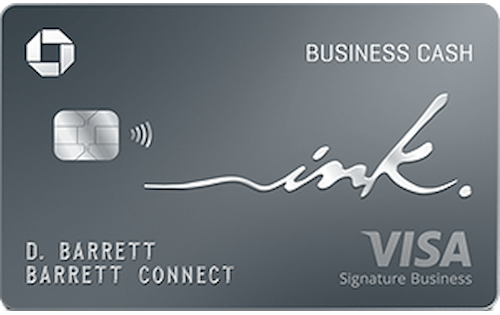
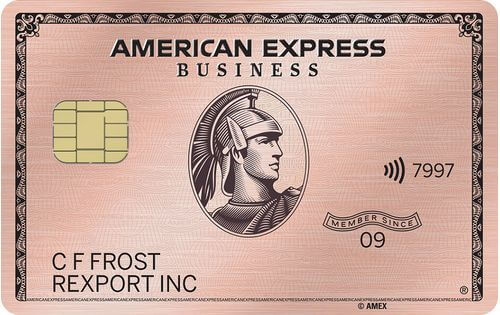
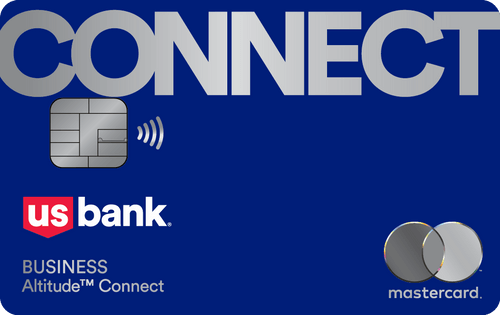
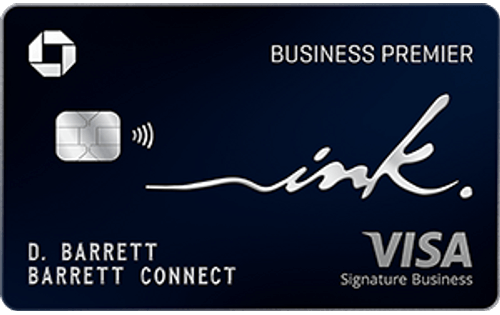
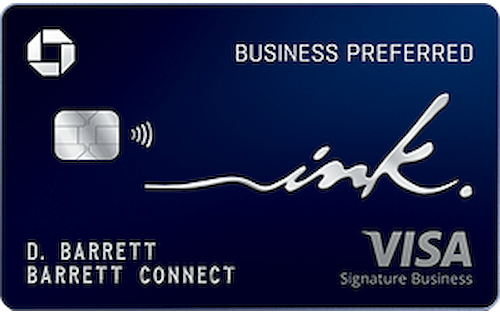
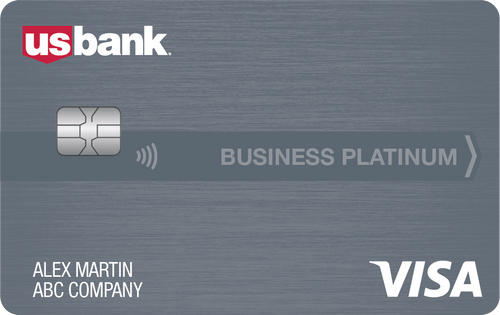

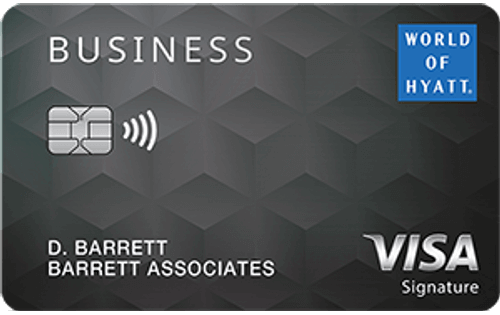
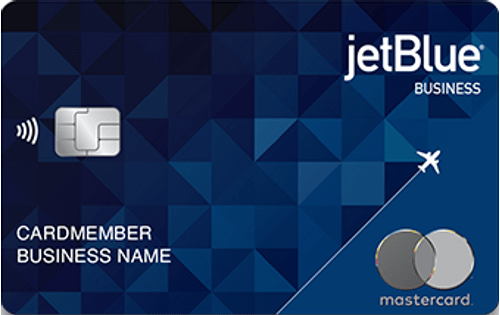
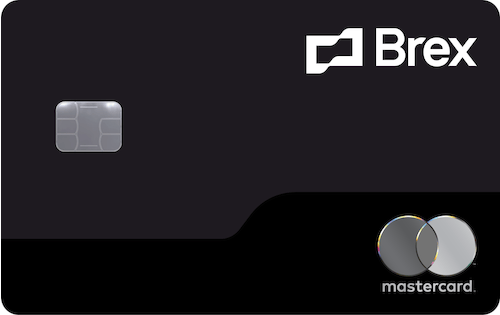
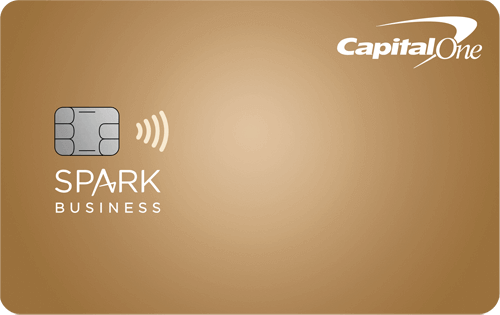
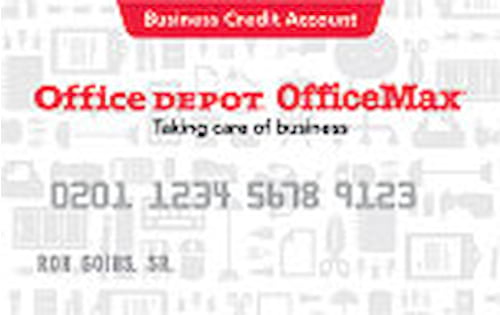
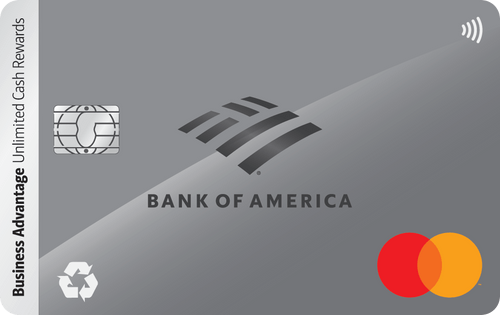
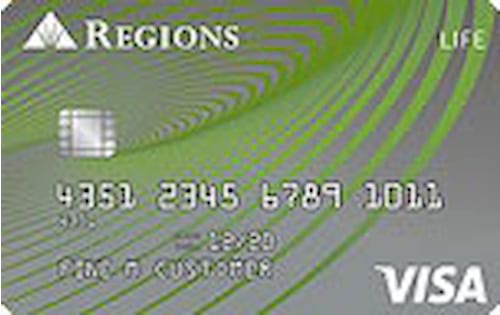
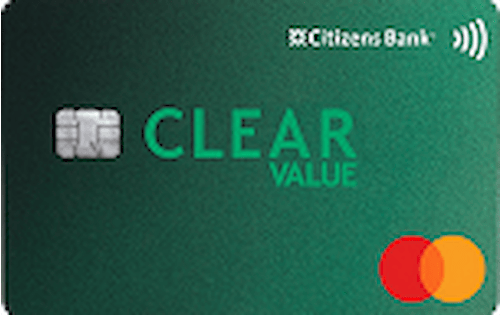



Key Things to Know About Using Consumer Credit Cards for Business
In some cases, it’s best to use a general-consumer credit card for business transactions. Doing so may get you better account terms as well as better cardholder protections.Business credit cards aren’t covered by the CARD Act, so they don’t benefit from its many protections, including the ban on arbitrary interest-rate increases. Most major credit card companies retain the right to jack up the cost of business-card debt whenever they want.
Most issuers also hold users personally liable for debt, and many relay account information to users’ personal credit reports. As a result, using a general-consumer credit card for business does not put you at extra risk personally. It’s actually safer, given that you will have more debt stability with a consumer card.
General-consumer credit cards tend to have better 0% offers than business credit cards, too. The same cannot be said for rewards cards, however. That is why the consumer credit card alternatives listed above feature 0% introductory APRs.